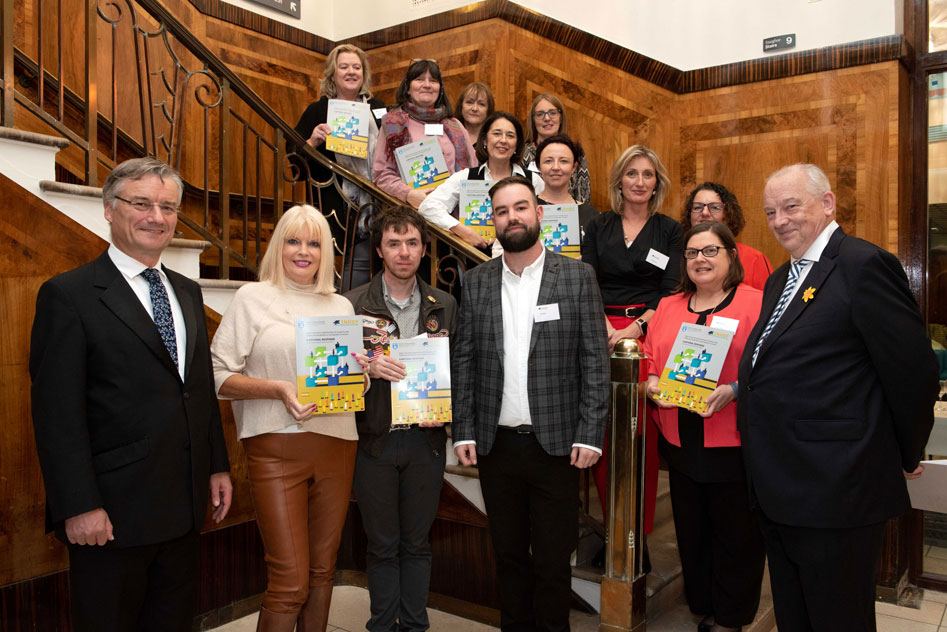PATH 4 Phase 2 – Course Provision for Students with Intellectual Disabilities
Minister for Further and Higher Education, Research, Innovation and Science, Simon Harris (TD) announced in February 2024 the roll-out of higher education courses for students with intellectual disabilities. This significant initiative, spearheaded by Harris’ department and the Higher Education Authority (HEA), will be delivered across 10 higher education colleges nationwide, offering unprecedented opportunities for learners with intellectual disabilities across communities.
PATH 4 Phase 2 will operate on a three-year pilot basis and is intended to:
- Enhance course provision for students with intellectual disabilities across HEIs currently participating in the PATH programme, including students with intellectual disabilities from disadvantaged socio-economic backgrounds and other National Access Plan priority groups.
- To support future evidence-informed policy considerations in respect of the successful participation of students with intellectual disabilities in higher education including:
an understanding on how engagement in higher education can support real outcomes, including employment, for students with intellectual disabilities.
establishing an evidence base for a full and holistic cost of provision for students with intellectual disabilities encompassing fees, cost of provision for institution, day-to-day expenses, transport, student supports, mental health, preparation for interviews, etc.
Following a competitive Call for Proposals and a rigorous assessment process by an independent assessment panel of external experts, 10 proposals were recommended for funding.
On the 9 February 2024, Minister for Further and Higher Education, Research, Innovation and Science Simon Harris TD announced the successful programmes, which are due to commence in academic year 2024/2025.
Below is the list of higher education institutions who will receive funding under PATH 4 Phase 2:
Higher Education Institutions
Dundalk Institute of Technology (DkIT)
Institute of Art, Design & Technology Dún Laoghaire (IADT)
Mary Immaculate College (MIC)
Munster Technological University (MTU)
South East Technological University (SETU)
Technological University (TU) Dublin
Trinity College Dublin (TCD)
University College Cork (UCC)
University of Galway




Recent Comments